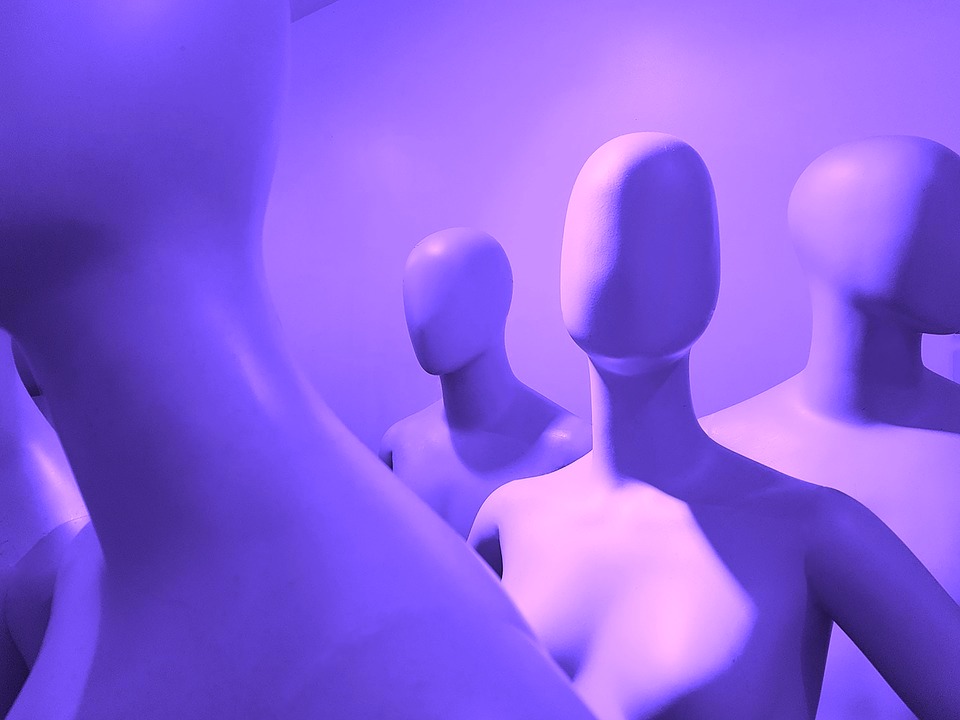Some prejudices about this condition negatively affect the quality of life of those affected
People affected by epilepsy have had to coexist historically with certain stigmas that have even linked them to diabolic or sacred events. Although much progress has been made in this regard in developed countries, there are still many prejudices regarding this condition and it is proven that the social consequences of epilepsy can be very serious. One of the main struggles of those affected by epilepsy and their environment on a daily basis is not the condition itself and the significant physical damage it can cause, but the fight against epilepsy as a social condition that produces anxiety, depression and isolation among the affected.
Epilepsy is a global condition, regardless of borders, race or language and affects 1 in 100 people according to WHO (although recent studies raise that percentage considerably). But depending on the culture, education and access to information of the affected person’s environment, there is a significant variation in the quality of life of the person suffering from epilepsy. Stigma and exclusion are present around the condition in both developed and developing countries.
The media, films and television series tend to portray epilepsy as a mental illness (which it is not). It is common for epileptic seizures to be portrayed as emergencies related to convulsion; in some cases, epilepsy is also linked to violent attitudes. In the media, little is explained about what the condition really is, its consequences and how to treat an affected person if necessary. Platforms such as Epilepsy Action, Epilepsy Society or the recent Seize Your Adventure work to normalize the condition socially with real and contrasted information, but until our whole society has access to real and contrasted information, the fight against epilepsy as a social condition will not be won.
The stigmas about epilepsy can cause:
- Social isolation
- Depression
- Anxiety (and consequently, predisposition to seizures)
- Insecurity
- Difficulty finding a job
- Difficulty having relationships in adolescence
- …
Not everything is in the hands of science and technology…. You too can fight for a better understanding of epilepsy by spreading the word.
MJN Neuroserveis works to fight epilepsy in all aspects it affects by developing technologies that redefine the current paradigm on the prediction of epileptic seizures, such as SERAS_Epilepsy, as well as actively collaborating on projects such as Epieduca for the inclusion and intervention of the condition in the classroom with the Apoyodravet Foundation, and supporting patients through awareness campaigns through its communication channels.















